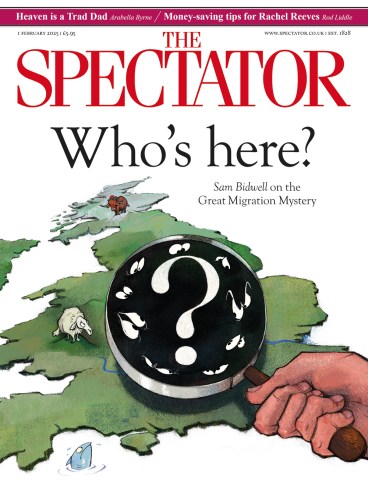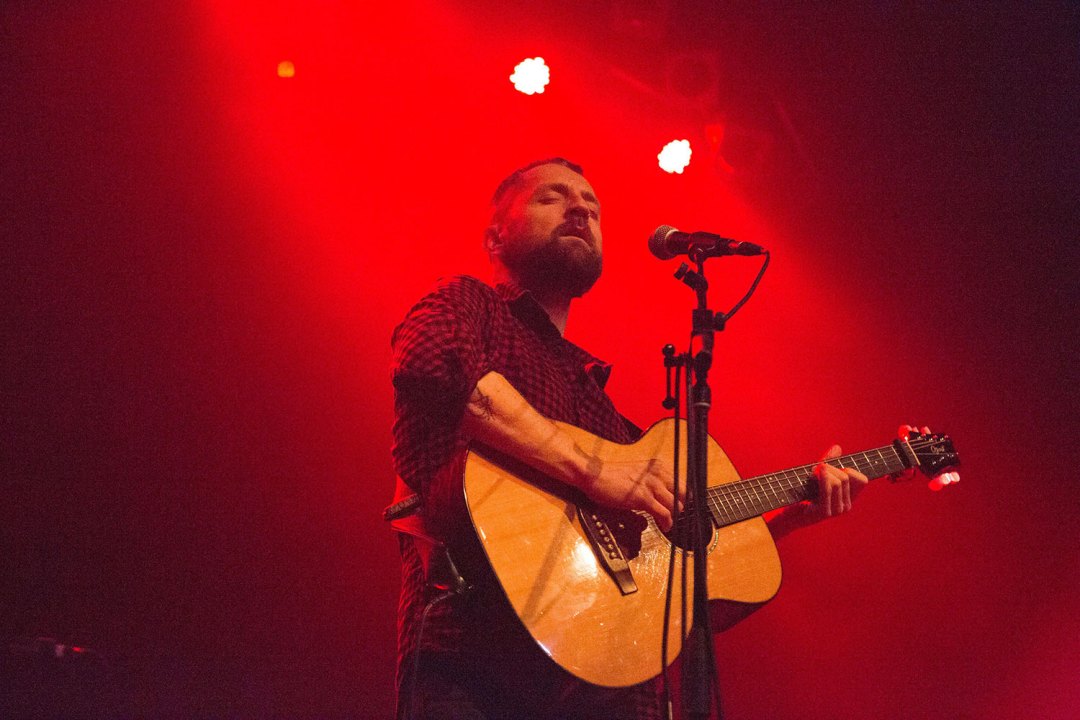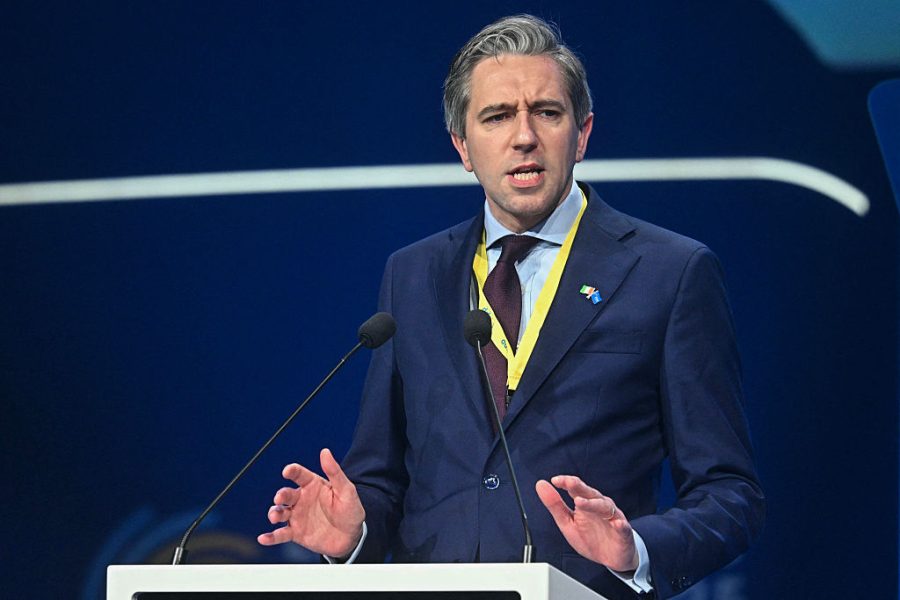
Is it possible to find a common thread running through the finest Scottish music? If pushed, one might identify a quality of ecstatic melancholy, a rapturous yet fateful romanticism, in everything from the Incredible String Band to the Cocteau Twins, the Blue Nile to Frightened Rabbit, Simple Minds to Mogwai. The Jesus & Mary Chain have a song called ‘Happy When It Rains’, which seems about right.
There were moments during the launch event for Celtic Connections, Glasgow’s annual and much-valued winter celebration of roots music from Scotland and far beyond, when this bittersweet admixture of moods was thrillingly conjured up. At other times, it simply felt a little contained, even now and again flirting with that lethal old enemy, the Scottish Cringe.
Opening concerts are notoriously tricky affairs. The task of somehow distilling the essence of an entire festival into a single evening of entertainment practically guarantees an uneven programme: too polite, too ambitious, too earnest, too long. Titled ‘Glasgow 850’ in deference to the city’s year-long celebrations marking its 850th anniversary as a burgh, this was best viewed as a speedy aural bar crawl along the avenues and alleyways of Scottish music – albeit Scottish music unplugged and largely defanged. Befitting the roots remit, the spirit of the evening was predominantly acoustic in flavour.
The Celtic part of the equation was delivered happily enough. The Glasgow Trad Collective joined forces with an excellent house band to supply versatile backing to reels, jigs, indie-pop, violin concerto, bagpiping, Sufi devotionals, Galician horn-blowing, couthy ballads and political protest. On home turf, Billy Connolly’s dewy-eyed ‘I Wish I Was in Glasgow’ – sadly not sung by the Big Yin but by Roddy Hart – the Bluebells’ timeless ‘Young at Heart’ and Paul McKenna’s ‘Home’ were the equivalent of open goals; musical tap-ins.
The promised ‘connections’ were harder won. The risk and reward portion of the evening could have benefited from a greater sense of adventure, but when some wildness was permitted it proved to be powerful stuff. The Glasgow Piping Quintet and Trad Collective joined forces with the Orchestral Qawwali Project from India to create a remarkable sound, the elemental drone which underpins so much traditional music anchoring a haunting and intricate tapestry which felt genuinely unique.
The Craig Armstrong String Ensemble performed a stately movement from Armstrong’s Violin Concerto, Immer. Accompanied by historical film footage of Clydeside’s long-gone shipyards, the piece accumulated a sombre poignancy. Ainsley Hamill singing ‘The Will of the People’, memorialising the city’s 1915 rent strikes, and Karan Casey’s rendition of the anti-war anthem ‘The King’s Shilling’, further jammed a stick in the spokes of all the freewheeling positivity common on such occasions – and no bad thing, either.
By turns maudlin, magical, comedic, brave, sentimental, messy, stereotypical, beautiful and angry, Glasgow 850 reflected its surroundings rather well; a city welcoming to strangers but oddly reticent about blowing its own horn – in this case, the Iron Age Celtic carnyx – too loudly.
A few days later, Blue Rose Code beguiled the Pavilion with a more easeful, organic execution of the age-old Caledonian reel between the light and the dark. An expert ensemble, led by Edinburgh singer-songwriter Ross Wilson, brought the spontaneity and informality of an after-hours pub session to the theatre. The effect was both stirring and meditative. For 90 minutes, it felt as though artists and audience had created a space where practically any emotion could find its place.
Though he was backed by a full band with horns and strings, the milieu was constantly changing, the musicians breaking apart to form duos, trios and other makeshift formations. A piano and vocal rendition of Jackson Browne’s ‘Something Fine’ was sublime. Elsewhere, Wilson duetted with Rhona MacFarlane, led the hall in an a cappella outing of ‘Caledonia’ during a technical pause, and hastily created a guest spot for stalwart fiddler Bruce MacGregor, who had bought a ticket to the show and was corralled into performing on ‘The Wild Atlantic Way’ only moments before he appeared.
A trio of John Martyn covers paid homage to a Damascene road trip Wilson once took to see the late Glaswegian troubadour performing at the same venue. The act of recognition ended up working both ways: with the outstanding ‘Peace In Your Heart’, Wilson has written an anthem of brotherly solace to rival Martyn’s ‘May You Never’. The hushed existential affirmation of ‘Starlit’ was similarly moving.
In a musical context, Blue Rose Code’s rootsy blend of blue-eyed soul, Americana, folk and classic singer-songwriter tunes breaks no new ground. If the ability to articulate the heady happy-sad rush of life’s defining moments is a kitemark of exemplary Scottish music, however, they more than make the grade.








Comments